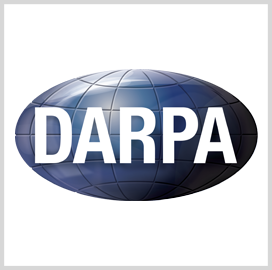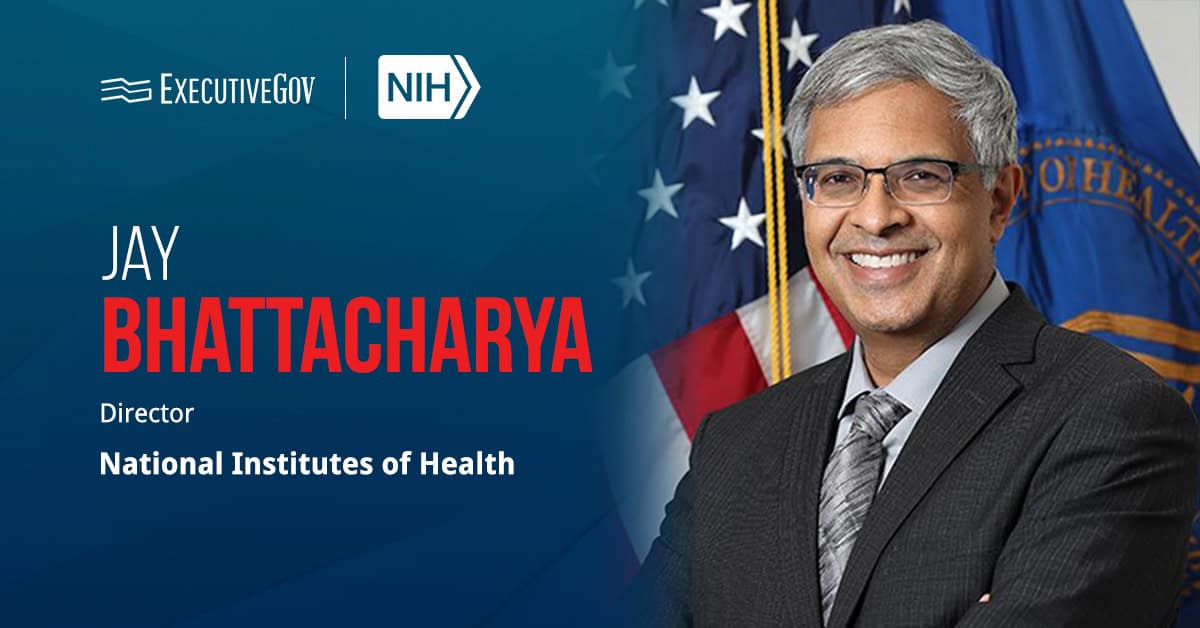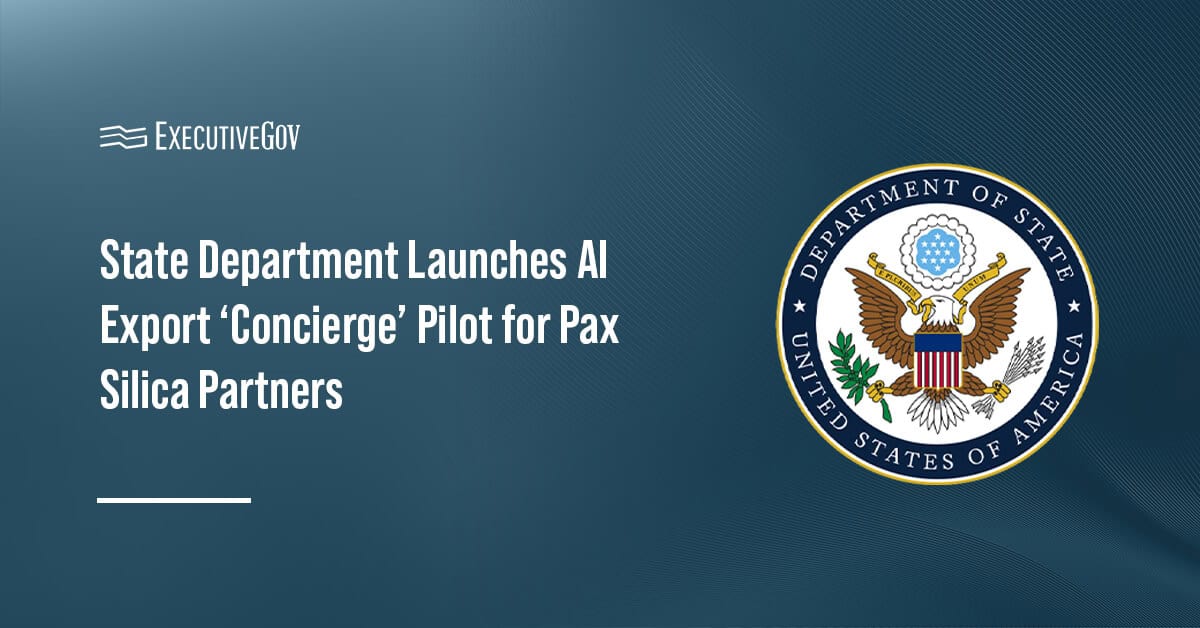The Defense Advanced Research Project Agency, or DARPA, recently held the qualifying round for the AI Cyber Challenge, or AIxCC, a competition that challenges participants to push the limits of AI-driven cybersecurity.
DARPA said Sunday the semifinal competition of the AIxCC was held during DEF CON 32, which took place from Aug. 8-11. More than 12,500 people attended the event, which proved how critical the competition, particularly AI and cybersecurity, is to real life.
The semifinal round narrowed down the field to the top seven teams. Each of these seven teams will receive $2 million and qualify for the final stage of the two-year competition, which is scheduled for August 2025.
The seven teams advancing to the final stage include:
- 42-b3yond-6ug
- all_you_need_is_a_fuzzing_brain
- Lacrosse
- Shellphish
- Team Atlanta
- Theori
- Trail of Bits
AIxCC, with the help of the Advanced Research Projects Agency for Health, asked participants to come up with AI and cybersecurity innovations to protect important open-source software that enables modern life. These enhanced AI systems will be necessary in defending different sectors such as public utilities, healthcare and finance, especially since the software is highly vulnerable to cyberattacks.
During the semifinal competition, participating teams were asked to create “cyber reasoning systems” to tackle “challenge projects.” These AI systems should have the capability to automatically detect and repair vulnerabilities in software.
Nearly 40 teams submitted their cyber reasoning systems and each one was tested on the same set of challenge projects, which included software like Jenkins, Linux kernel, Nginx, SQLite3 and Apache Tika. The AI systems were scored based on a public algorithm.
The AI systems developed by the participants found 22 unique synthetic vulnerabilities and 15 of those were fixed by the systems. Eleven unique patches for the C-based challenges and four for Java-based challenges were also determined. Additionally, the systems found a real-world bug in the SQLite3 software.
The seven teams who made it to the final round will have one year to further develop their technology. A total of $29.5 million in prizes is up for grabs during the culmination of the competition.
Learn everything you need to know about the Cybersecurity Maturity Model Certification. Register here to watch the webinar.






